Associate Professor, Dr. Pham Chien Thang believes that teachers must master AI in teaching. (Photo: NVCC) |
AI opens up new opportunities
In your opinion, what revolutionary benefits can artificial intelligence bring to the current education system?
Artificial Intelligence (AI) is revolutionizing education across the board, from changing teaching methods to learning experiences. AI can help personalize student learning to automating the work of teachers, lecturers, and office staff.
We cannot deny the advantages that AI brings to both teachers and students, helping them complete more work, faster and with better quality.
First, it is the ability to personalize the learning experience, a goal that traditional education systems have always struggled to achieve. AI can support the analysis of student learning data, thereby providing solutions and roadmaps to improve learning efficiency for each student. This data can be updated and evaluated regularly.
Second , AI acts as an effective learning guide. Learning content can also be customized to suit the learner’s level without spending much time editing. For example, foreign language learning guides, providing different types of exercises, pronunciation correction, etc.
Third, it frees up teachers’ time and effort in some daily tasks such as preparing e-lessons, preparing class content, and preparing assignments for the subject. In addition, teachers can also design online learning environments with the support of AI to assess learning outcomes right in the classroom.
Finally, AI is opening up new opportunities for teacher professional development. By providing teachers with the knowledge and skills they lack, AI can suggest ways to improve their performance. For example, tools can analyze teaching videos and provide feedback on gestures, intonation, or how the content is organized. This feedback helps teachers improve their overall skills, improving the quality of their teaching.
In your view, what are the biggest challenges schools face when implementing AI? What strategic solutions can be applied to overcome those challenges?
Despite bringing many breakthrough values to education in general and schools in particular, the implementation of AI in training facilities also faces many complex challenges. Among them, there are four main barriers and solutions that need to be implemented during the implementation process.
First, the infrastructure challenges to deploy AI tools to serve teachers and students. The cost of deploying an AI system is very expensive, especially with large-scale training, this cost is even more demanding. In addition, there is the infrastructure of telecommunications, maintenance, maintenance processes, technology equipment, etc. To solve this challenge, it is necessary to have a roadmap for system investment, deployed in stages, and can prioritize the use of online AI models to reduce hardware costs, or develop mobile AI versions with low cost and more flexible use.
Second, although AI is no longer unfamiliar to most teachers and students, how to use it and how to use it properly is still a gap in awareness when there is no basic training in AI. To solve this problem, participation from individual teachers, students to school leaders and state management levels in education is needed. From there, training programs on the use of AI for teachers and students can be established, certificates can be issued, or this content can be integrated into pedagogical training programs.
Third, the challenges from ethical and privacy issues when using AI, most AI platforms easily collect personal information of users, leading to information security for teachers and students is very difficult. To solve this problem, when deploying AI systems in schools, it is necessary to apply appropriate techniques to control issues related to information leakage.
Ultimately, as AI becomes more widespread and accessible, AI dependence or “addiction” will become a major problem. Students will become lazier and teachers will become less creative. To avoid this problem, schools and teachers need to have regulations and sanctions for the reasonable use of AI.
Teachers use artificial intelligence application software. (Source: TTX) |
Teachers must master AI
What will the role of teachers be in the AI era? What professional skills need to be prioritized to adapt and maximize teaching effectiveness, sir?
To avoid being replaced, teachers need to become “lighthouses”, guiding the right thinking and moral values in the digital age. AI can provide information and support teaching, but it is teachers who help students evaluate, analyze multi-dimensional information and understand the nature of knowledge. In addition to using technology to create engaging e-lectures, it is necessary to maintain interaction with students, promote learning motivation and address students’ emotional issues.
To adapt, teachers need to prioritize the development of several important professional skills. The first is technological skills and proficiency in using educational tools. Next is leveraging the ability to analyze data and make decisions based on AI reports about students. Teachers need to master the principles of AI ethics and data security to ensure fairness and protect student privacy. In addition, developing creative thinking in designing exercises that go beyond the capabilities of AI are also important factors for teachers to maximize teaching effectiveness in the new era.
In the digital age, schools also need to develop a comprehensive strategy. This includes integrating AI training into the curriculum, building an ecosystem to support the use of AI in schools, and establishing a platform for sharing AI resources among educational institutions. Most importantly, it is necessary to maintain a balance between applying technology and preserving human values in education.
Teachers in the AI era need to become “architects” in the field of education, people who connect technology with human values, mastering AI as a powerful support tool while still promoting unique human skills such as critical thinking, creativity and emotional intelligence.
How can we ensure that AI is used fairly, ethically and transparently in education?
For technology to be used equitably, ethically, and transparently in education, it is of utmost importance to develop a comprehensive ethical framework based on core principles such as fairness, transparency, accountability, privacy, and integrity. This requires close collaboration between AI developers, educators, researchers, and policymakers to establish clear rules of use, and to enhance AI ethics training for both teachers and students.
In addition, the deployment of AI in education needs to be carefully considered to balance the benefits and risks. Schools need to develop policies for the responsible use of AI, including assessing the ethical impact, testing the fairness of algorithms, and establishing monitoring mechanisms with human participation.
At the same time, we need to focus on developing critical and creative thinking skills for students, so that AI only plays a supporting role, not completely replacing the role of humans. In this way, we can take advantage of the potential of AI to improve the quality of education, while maintaining the core ethical and human values of teaching and learning activities.
In your opinion, what needs to be done to evaluate the effectiveness of AI implementation in education and what metrics should be used to measure its impact on students and teachers?
Evaluating the effectiveness of AI implementation in education is not easy, especially at the present time, when AI is still in the experimental stage in many different fields. Therefore, a comprehensive approach is needed, combining quantitative and qualitative indicators to measure the multidimensional impact that AI brings. Key indicators should focus on three groups: impact on learners, teaching support and system performance.
For students, learning ability should be assessed through grades, assignment completion rates, and the ability to apply knowledge in practice. Proactive learning and the development of soft skills are also important indicators. For teachers, work performance should be measured through time saved from automation, teaching quality, and the level of professional development in using AI tools.
Evaluation methods should incorporate big data analytics from learning management systems, periodic surveys of teacher and student satisfaction, experimental testing comparing results between AI and traditional groups, and ethical assessments to ensure the integrity of AI-generated content.
Through this assessment, managers can comprehensively understand the impact of AI, thereby making appropriate adjustments and improvements, optimizing the use of this technology in the learning environment.
With your experience and expertise, what predictions and recommendations do you have for the future of education in the context of growing AI?
From my recent observations and research on AI, it can be seen that the application of AI in the field of education will become more widespread, as its usefulness to teachers and students is increasingly impressive. AI supports teachers in many aspects such as lesson planning, grading, and feedback to students.
For students, the trend of personalized learning will grow thanks to AI in analyzing learning data and adjusting content to suit each individual. In addition, AI will help improve assessment and learning analytics systems, providing more detailed information about student progress.
The evolution of AI is no longer measured in days, but rather the process of updating is almost constant and continuous. Therefore, in order to maintain the traditional role of teachers while still taking advantage of the strengths of technology, schools need to develop clear strategies and guidelines on the ethical and effective use of AI.
Investing in teacher training on how to use and integrate AI into teaching is also a top priority. Policymakers, educators, and technology experts need to work closely together to develop AI in education responsibly, while focusing research on the impact of AI on learning outcomes and teaching effectiveness.
Thank you!
(*) Head of Faculty of Journalism and Communication, University of Science (Thai Nguyen University)
Source: https://baoquocte.vn/de-khong-loi-thoi-giao-vien-phai-giong-nhu-kien-truc-su-trong-ky-nguyen-ai-309110.html


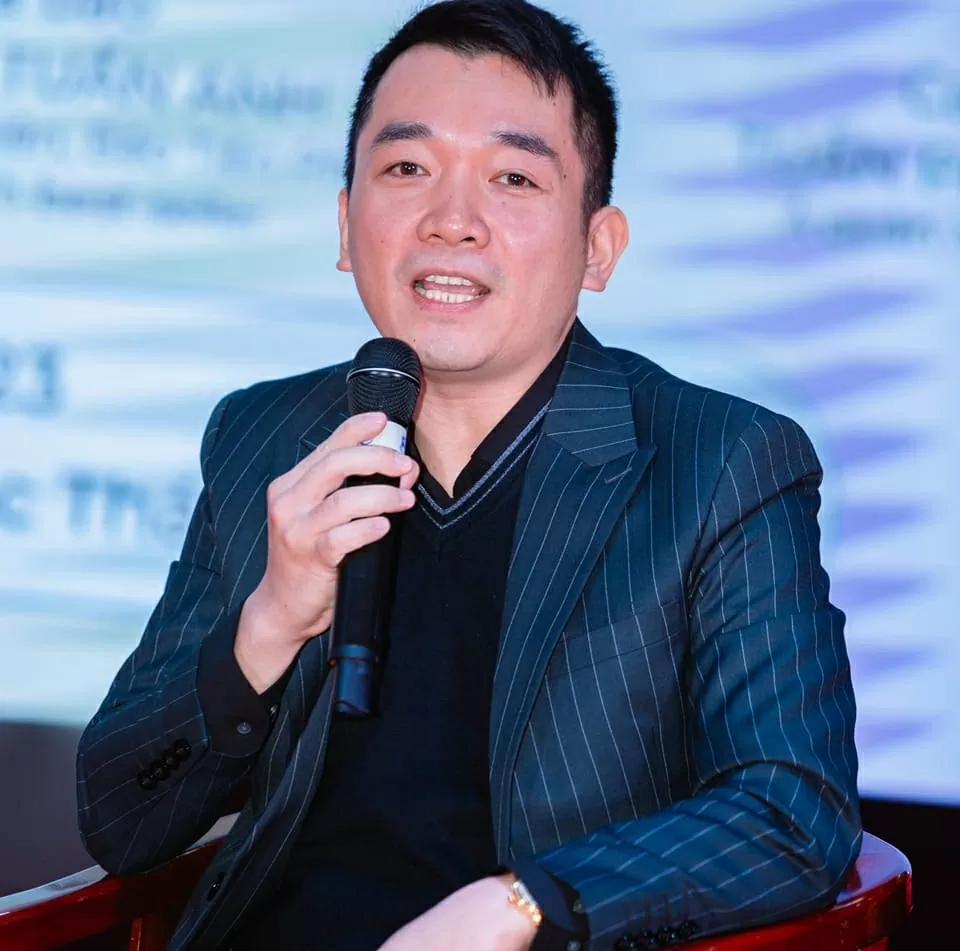
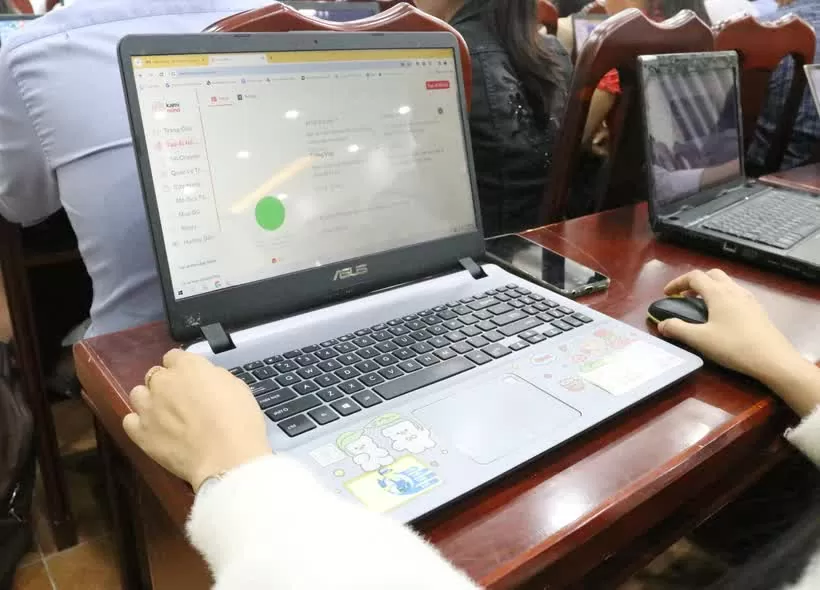



![[Photo] Third meeting of the Organizing Subcommittee serving the 14th National Party Congress](https://vstatic.vietnam.vn/vietnam/resource/IMAGE/2025/4/2/3f342a185e714df58aad8c0fc08e4af2)

![[Photo] General Secretary To Lam receives Russian Ambassador to Vietnam](https://vstatic.vietnam.vn/vietnam/resource/IMAGE/2025/4/2/b486192404d54058b15165174ea36c4e)

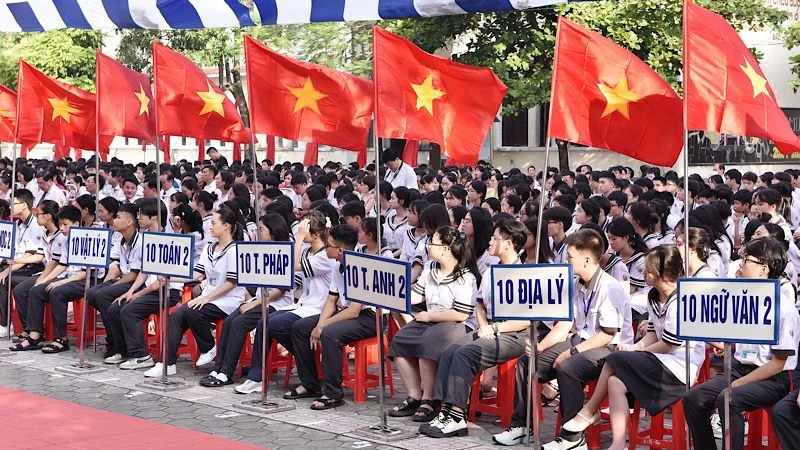
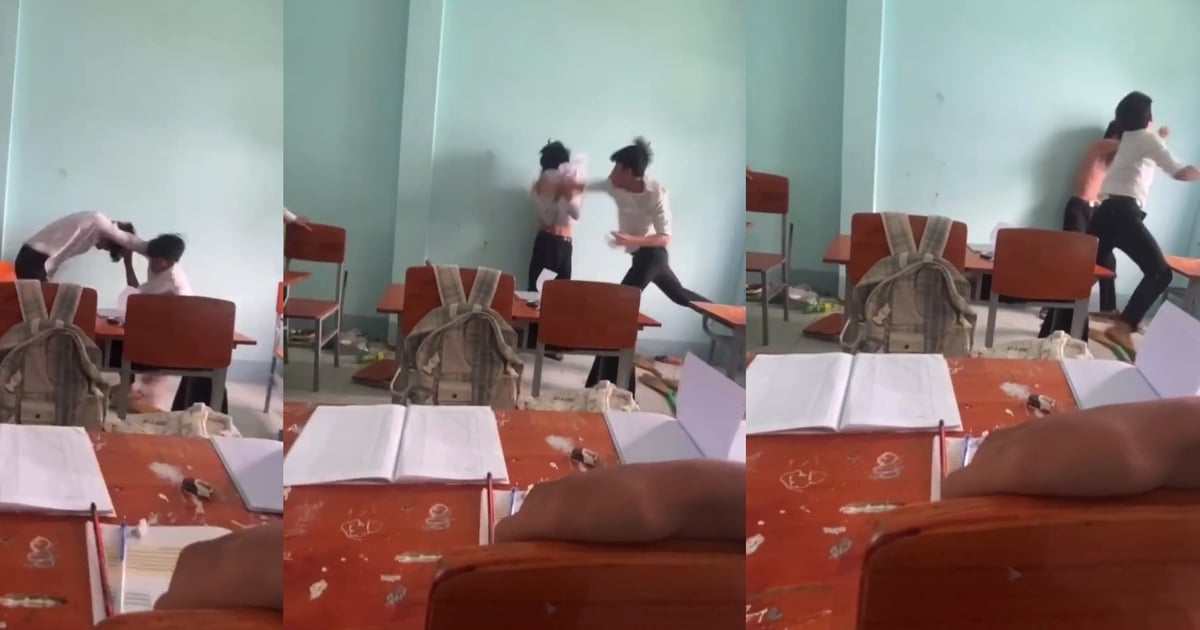
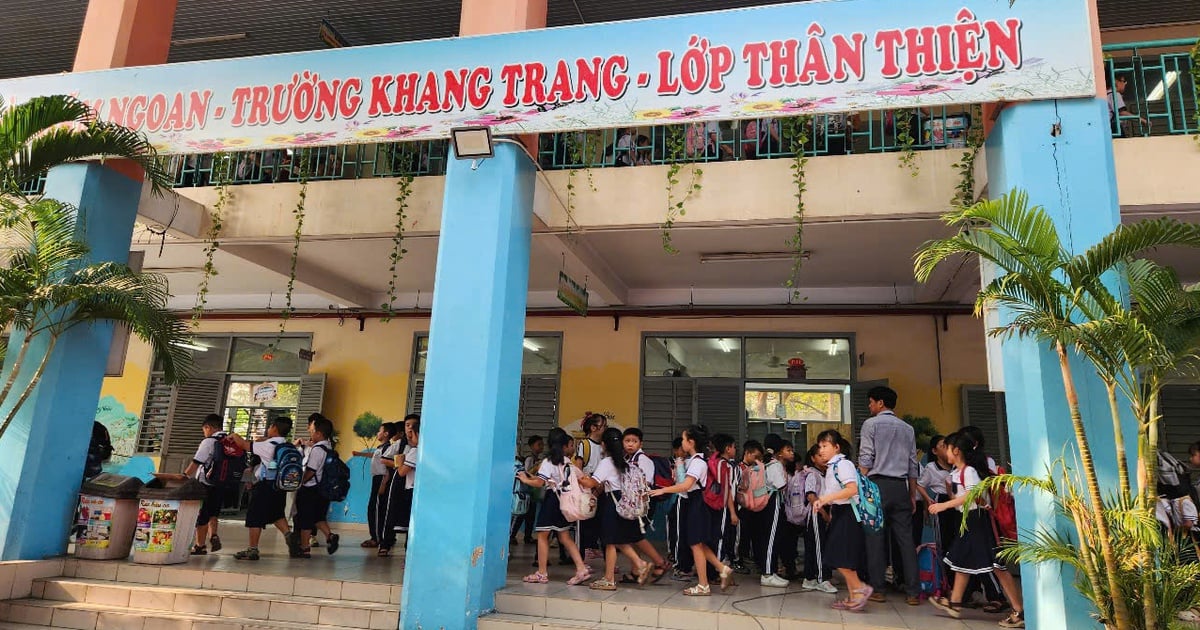

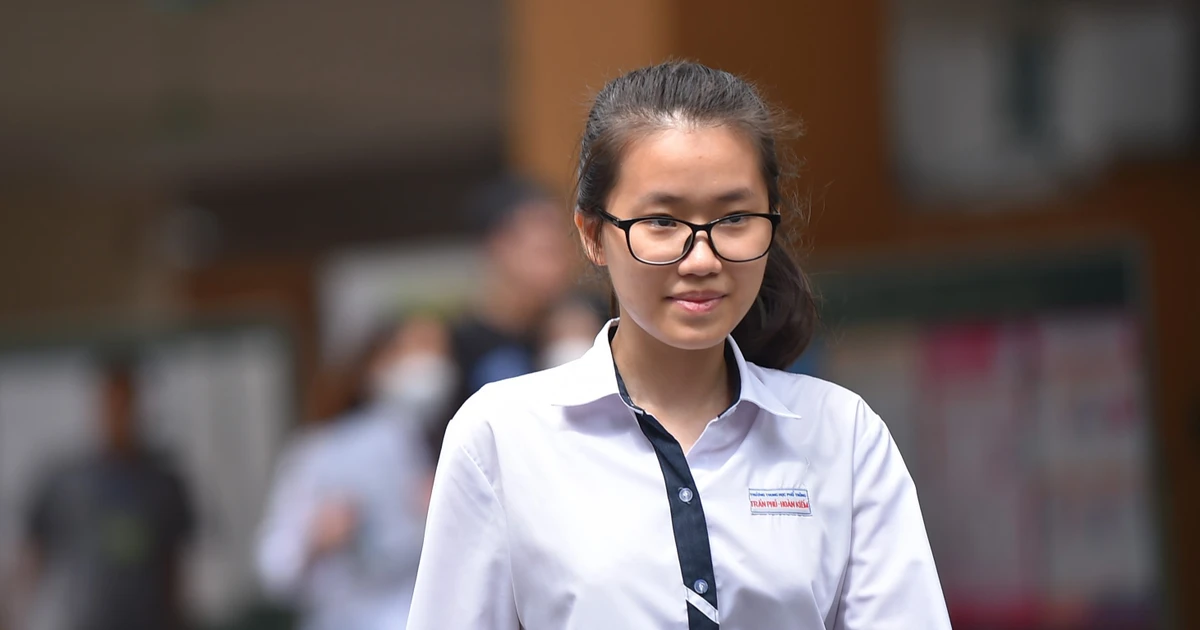




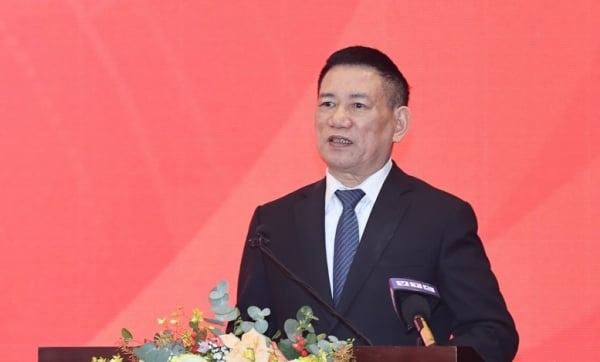




![[Photo] Relatives of victims of the earthquake in Myanmar were moved and grateful to the rescue team of the Vietnamese Ministry of National Defense.](https://vstatic.vietnam.vn/vietnam/resource/IMAGE/2025/4/2/aa6a37e9b59543dfb0ddc7f44162a7a7)















































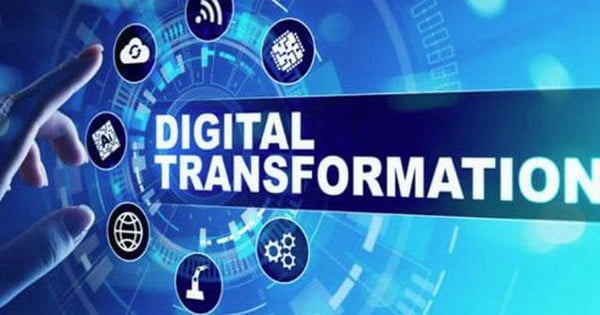




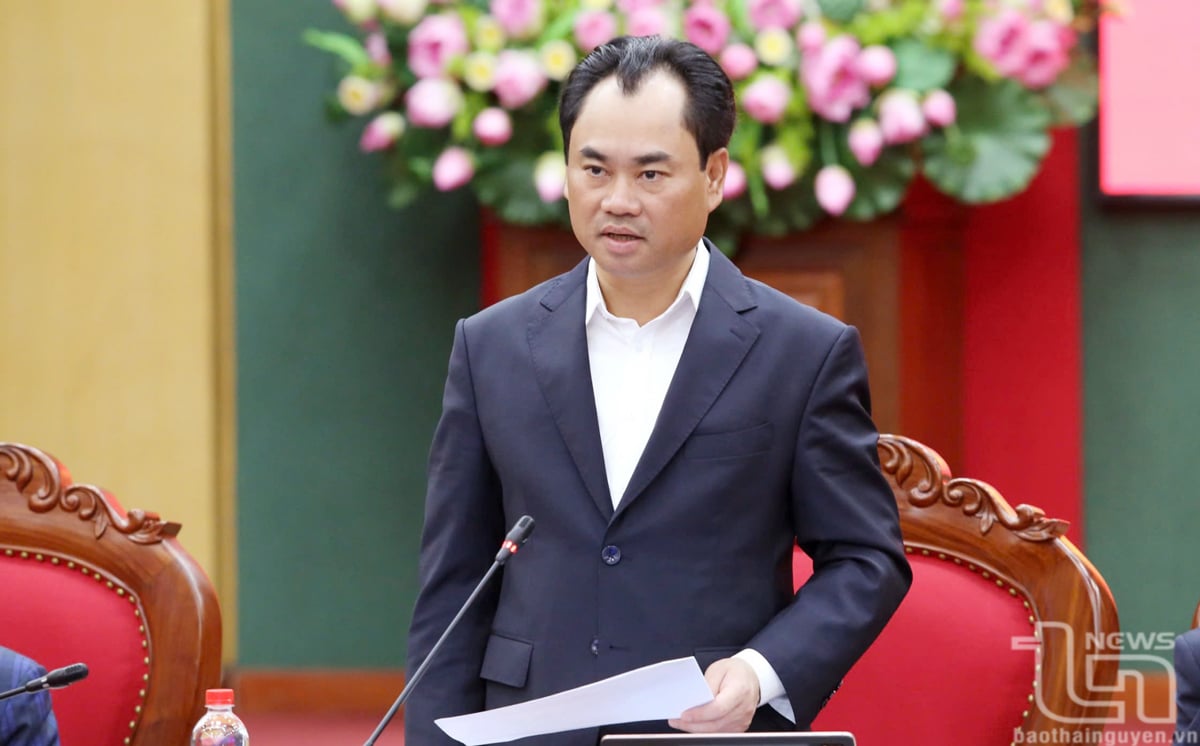

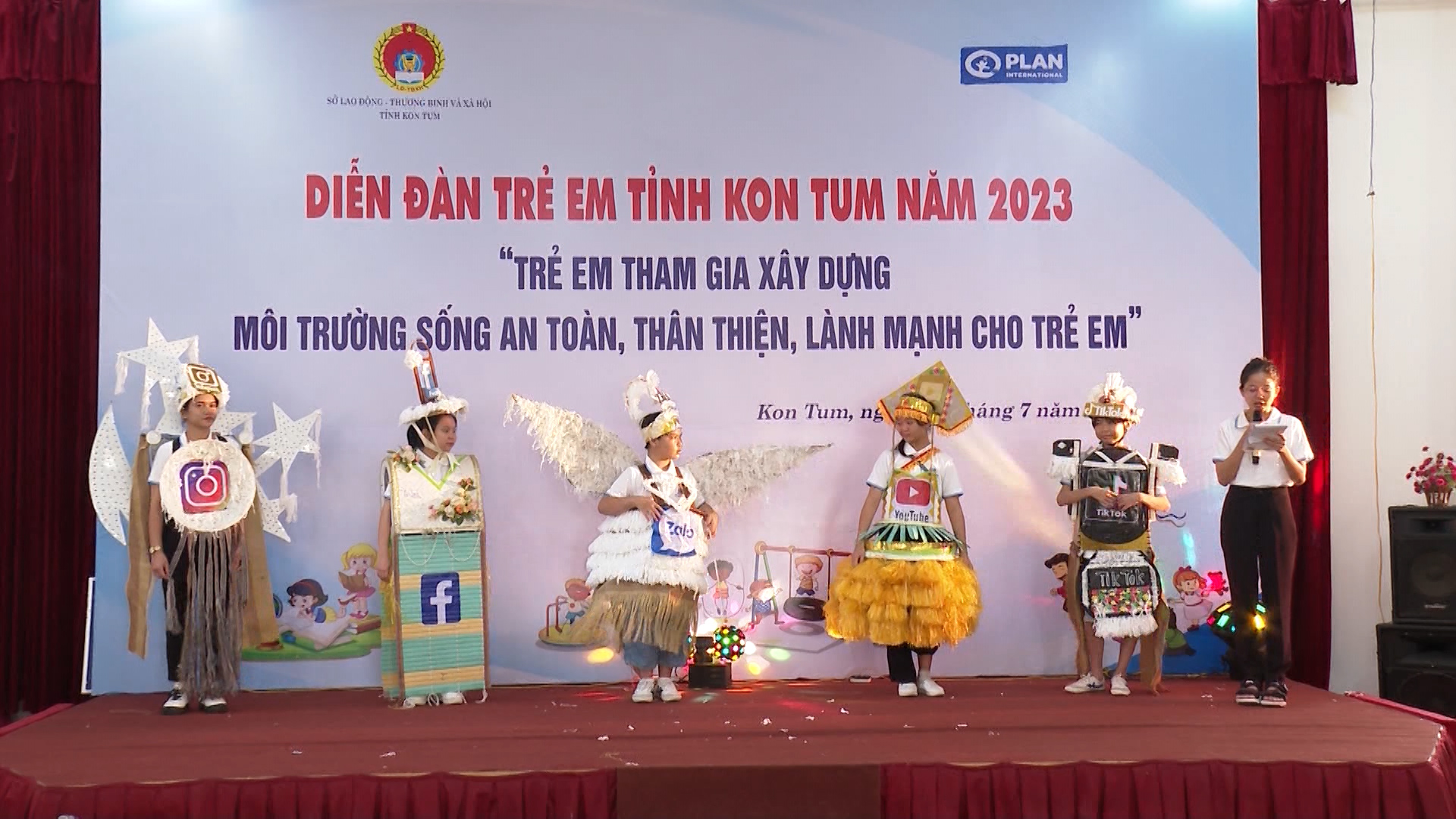
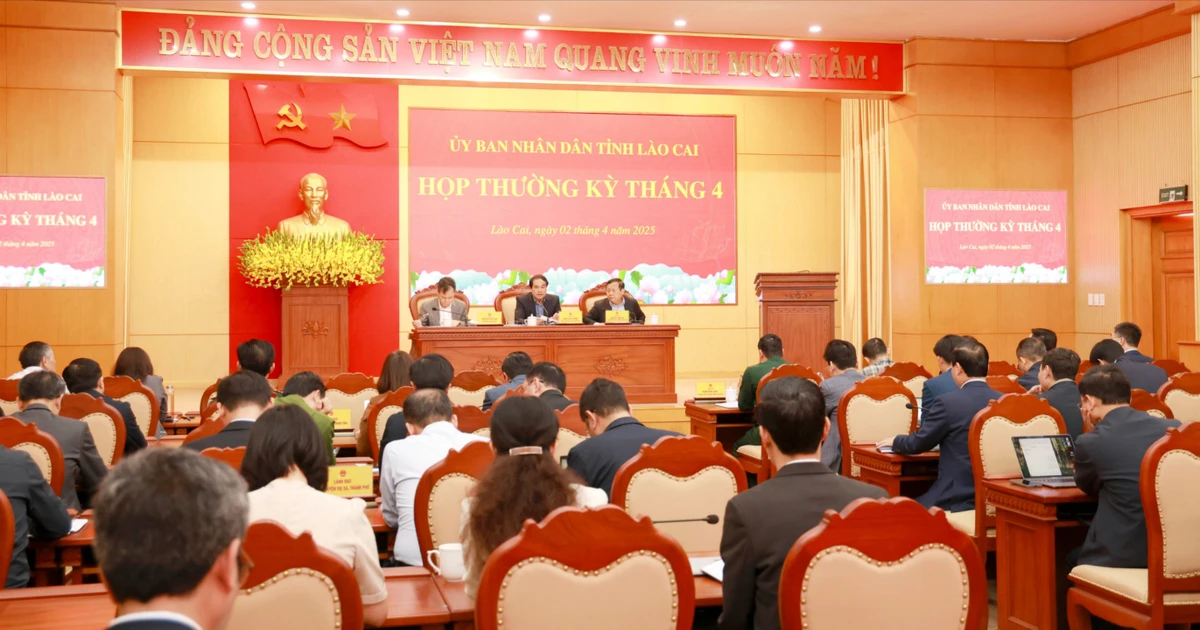













Comment (0)